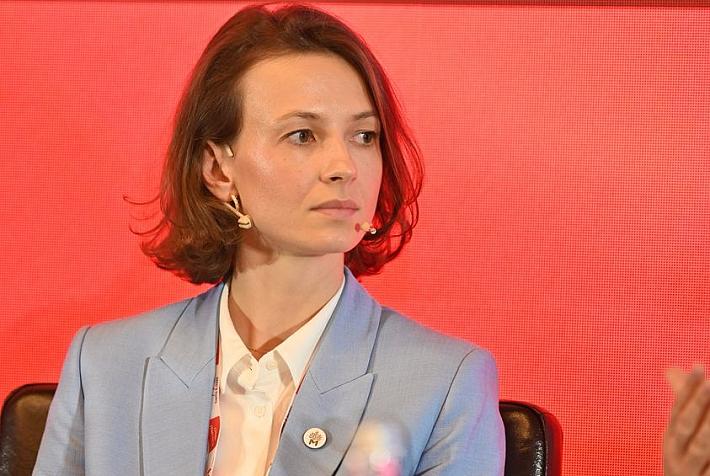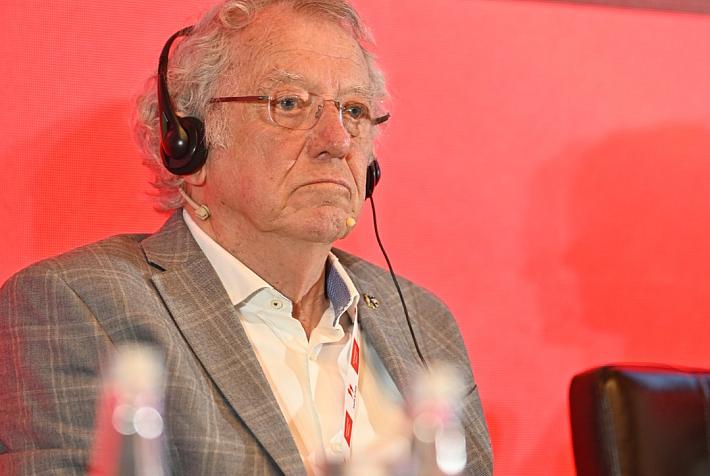Human Rights Court: Romania fails to address domestic violence

The European Court of Human Rights (ECHR) has recently criticized Romania over its lack of commitment to addressing domestic violence despite the existence of a legal framework in the country.
The Court ruled on Tuesday that Romania should pay damages of EUR 9,800 to a woman who was assaulted by her husband eight times during their marriage, through the divorce, and even after that. Her injuries, which were documented in medical reports, required between two to a maximum of ten days’ medical care.
According to the ECHR, the Romanian authorities failed to protect Angelica Camelia Balsan from her husband’s violent behavior and hold him accountable, despite her numerous complaints.
For example, in 2007-2008, the woman asked for assistance and help in different ways, from making emergency calls to the police to filing petitions to the head of police for protection, and making formal criminal complaints. However, both at the investigation level and before the national court, “it was considered that she had provoked the domestic violence and that it was not serious enough to come under the scope of the criminal law.” Thus, related to the incidents in 2007, the local courts ultimately decided to acquit the husband of bodily harm. Prosecuting authorities also decided not to press charges on the five incidents in 2008. The husband only received some administrative fines.
The ECHR ruled that the Romanian authorities should have taken all the reasonable measures to act upon the woman’s complaints and prevent the assaults from happening again.
“However, the Court concluded with grave concern that the authorities had found that Ms. Balsan had provoked the domestic violence against her and considered that it was not serious enough to fall within the scope of the criminal law. Such an approach, taken in a case where the domestic violence had not been contested, had deprived the national legal framework of its purpose and was inconsistent with international standards on violence against women and domestic violence in particular.”
In its ruling, the ECHR also cited official statistics suggesting that most people in Romania tolerate domestic violence and see it as being normal. The general population “might not be sufficiently aware of the extensive legal and policy framework in Romania for the elimination of discrimination against women and women themselves might not be aware of their rights.”
“Despite the Government’s adoption of a law and national strategy on preventing and combating such abuse, the overall unresponsiveness of the judicial system and the impunity enjoyed by aggressors, as found in Ms. Balsan’s case, indicated that there had been insufficient commitment to address domestic violence in Romania.”
The European Court of Human Rights was set up in Strasbourg by the Council of Europe Member States in 1959 to deal with alleged violations of the 1950 European Convention on Human Rights.
Save the Children Romania trains 550 specialists to reduce domestic violence on children
Irina Popescu, irina.popescu@romania-insider.com















